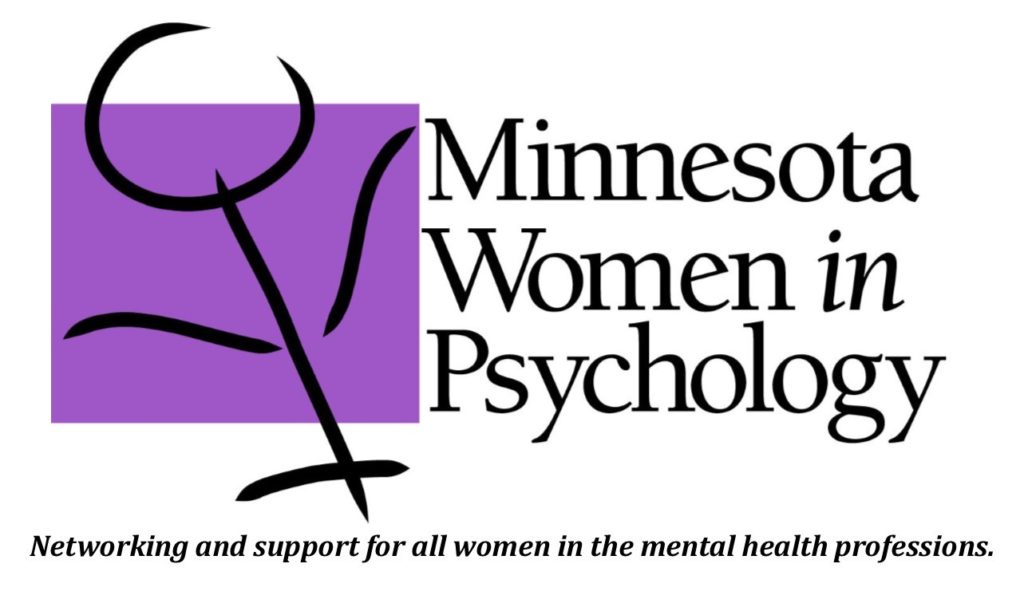JFS Therapist Offers Perspective During COVID in Professional Organization Newsletter

An article entitled “A Buddhist’s Perspective of COVID,” written by JFS therapist Beth Johnson, LMFT, was recently published in the Minnesota Women in Psychology newsletter. Beth has worked with children, adolescents, adults, couples and families in a variety of settings for the past 20 years. Beth has extensive experience working with grief and loss, recovery from trauma, depression, anxiety, self-esteem issues, domestic abuse, stress management and midlife concerns.
A Buddhist’s Perspective of COVID
Soon after the lock-down began, I started receiving a flood of emails from meditation centers offering classes. I signed up for Pema Chodron’s retreat, Making Friends with Yourself, and a class taught by Sharon Salzberg and Joseph Goldstein. Through their teachings I have made many discoveries about dealing with the uncertainty of these times.
Buddhism teaches that life, along with our emotions, moods and thoughts, change moment to moment and, instead of fearing uncertainty and change, we can look at change as full of possibility. There can be joy in knowing each moment is unique and completely fresh and an opportunity to start anew. Especially during the pandemic, this perspective can be helpful, when our moods can resemble an emotional whiplash. We are facing uncertainty moment to moment, and our moods and emotions are constantly changing. If we can relax into the truth of change and the impermanent nature of everything, and stop resisting, we can feel more content and live more in each moment. Resistance is often the root of suffering.
Meditation is about exercising the letting go muscle; letting go of self-judgment and what Pema Chodron calls “add-ons.” Add-ons, according to Chodron, are the labels of good/bad, right/wrong we bring to our thoughts and emotions. These add-ons prevent us from simply being. The add-ons take away from experiencing life and emotions just as they are.
All three teachers talk about changing the way we relate to un-comfortableness. Often our brain likes to attach to any slightly uncomfortable thought or emotion and tell a story around this. Or, the opposite, our brain has a phobia of uncomfortable thoughts and emotions and we fight them, avoiding anything uncomfortable.
But there is another option to fighting or following and that is to just be in open awareness, with curiosity and without judgment to our feelings and thoughts. These thoughts and emotions are just visitors that will come and go if you let them pass through. It is in this place we can make new discoveries about ourselves, and actually change our relationship to ourselves.
